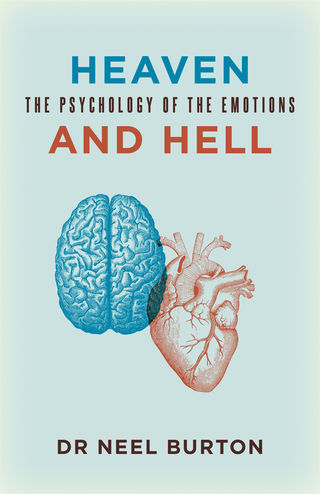Happiness
Why Success Won't Make You Happy
A critique of conventional success.
Posted November 21, 2013
[Article updated on 17 September 2017]
Success is getting what you want, happiness is wanting what you get. –Dale Carnegie

In the past 50 or 60 years, real term incomes in countries such as the USA and the UK have increased dramatically, but happiness has not kept apace. In fact, people today are considerably less happy than back then: they have less time, they are more alone, and so many of their number are on antidepressants that trace quantities of a popular antidepressant have been found in the water supply.
Although economists focus on the absolute size of salaries, several sociological studies have found that the effect of money on happiness results less from the things that money can buy (absolute income effect) than from comparing one’s income to that of others, and in particular to that of one’s peers (relative income effect). This is an important part of the explanation as to why people today are no happier than people 50 or 60 years ago; despite being considerably richer and healthier, they have only barely managed to ‘keep up with the Joneses’.
But there is more. If I am to believe everything that I see in the media, happiness is to be six foot tall or more and to have bleached teeth and a firm abdomen, all the latest clothes, accessories, and electronics, a picture-perfect partner of the opposite sex who is both a great lover and a terrific friend, an assortment of healthy and happy children, a pet that is neither a stray nor a mongrel, a large house in the right sort of neighborhood, a second property in an idyllic holiday location, a top-of-the-range car to shuttle back and forth from the one to the other, a clique of ‘friends’ with whom to have fabulous dinner parties, three or four foreign holidays a year, and a high-impact job that does not distract from any of the above.
There are at least three major problems that I can see with this ideal of happiness. First, it represents a state of affairs that is impossible to attain to and that is therefore in itself an important source of unhappiness. Second, it is situated in an idealized and hypothetical future rather than in an imperfect but actual present in which true happiness is much more likely to be found, albeit with great amount of hard thinking. Third—and most importantly—it has largely been defined by commercial interests that have absolutely nothing to do with true happiness, which has far more to do with the practice of reason and the peace of mind that this eventually brings.
In short, it is not only that the bar for happiness is set too high, but also that it is set in the wrong place, and that it is, in fact, the wrong bar. Jump and you’ll only break your back.
Neel Burton is author of Heaven and Hell: The Psychology of the Emotions, For Better For Worse: Should I Get Married? and other books.
Find Neel on Twitter and Facebook



